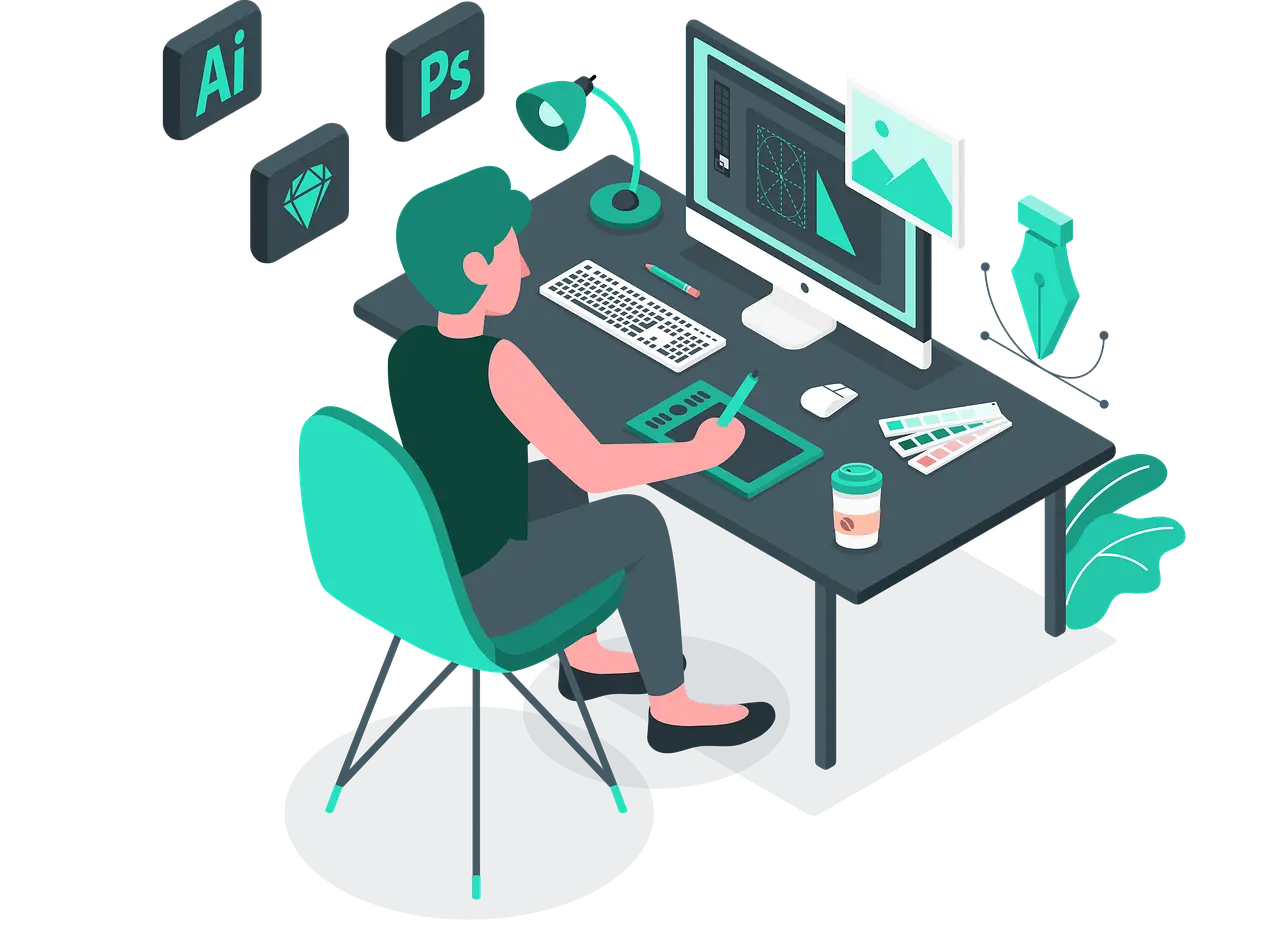🔧 1. AI needs human direction and validation
- AI can generate code based on instructions, but it lacks deep contextual understanding of a business problem or long-term project goals.
- Developers are needed to design architecture, make judgment calls, and debug edge cases.
🧠 2. AI lacks creativity, domain expertise, and foresight
- Experienced developers bring insights from years of problem-solving in real-world scenarios.
- They make decisions based on prior experience, understanding of the industry, and potential future needs.
🔄 3. Software development is more than writing code
- Includes requirement gathering, stakeholder communication, code reviews, testing, deployment, and maintenance.
- AI may help with code, but not with team collaboration, client calls, or making architectural trade-offs.
🔐 4. Security, privacy, and IP concerns
- Many companies avoid over-dependence on third-party AI tools due to the risk of data leakage or code exposure.
- Sensitive logic often needs to be kept in-house, with humans accountable for its accuracy.
⚙️ 5. Integration, scaling, and legacy systems
- Real-world systems involve messy, legacy code, third-party integrations, and non-standard workflows.
- AI might struggle with understanding legacy architectures or working within tightly coupled systems.
🧑🏫 6. AI augments, not replaces
- Companies are using AI to improve productivity, not eliminate jobs entirely.
- A developer who uses AI effectively is more valuable, not redundant.
In short, AI is a powerful productivity tool, but companies still need skilled developers to guide, manage, and build reliable systems.
Would you like a real-world example of how companies combine AI and human developers in teams?

